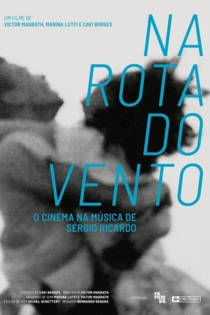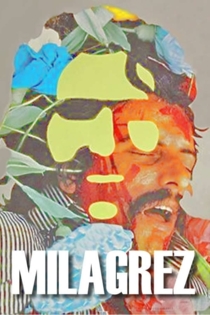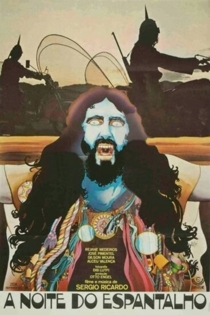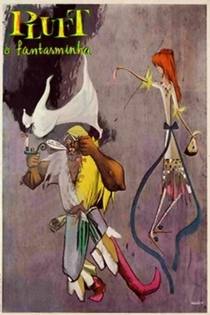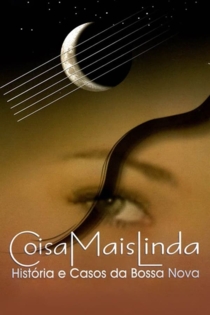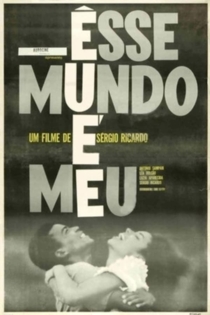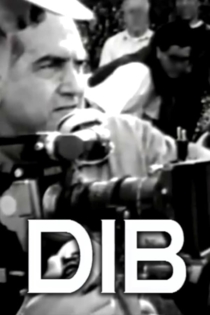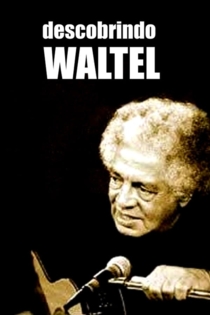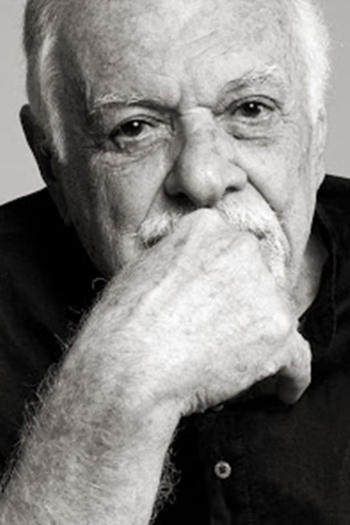
Sérgio Ricardo
1932 - 2020Born in a Lebanese-Brazilian family in Marília, São Paulo, and brother to famed director of photography Dib Lutfi, João got his stage name from TV businessmen who wanted to rebrand him as a leading man with an iconic name during his early gigs as an actor. He's maily associated with the Cinema Novo (Brazilian New Wave) movement, but stayed active until 2018.
During the Cinema Novo days, Ricardo directed short film "Menino da Calça Branca" (1961) and "Esse Mundo É Meu" (1963), his feature-length debut. Among other notorious works in his career as a filmmaker is "A Noite do Espantalho", which shows Ricardo's talent as a polymath by mixing filmmaking with folk music and other elements of Brazilian popular culture, such as "cordel" literature.
Ricardo moved to the Vidigal slum, in Rio de Janeiro, by choice in the 1970s, where he lived until his death in 2020. "Bandeira de Retalhos" (2018), his last film, was adapted by a theatre play also written by him and chronicles the life in 1970s Vidigal.
Depois do Transe
Paloma Rocha, Joel Pizzini
Glauber Rocha, Paulo Autran
The documentary "Depois do Transe" covers the entire process of creating the masterpiece "Entranced Earth", which was released and awarded at the Cannes Film Festival in 1967. "Entranced Earth" charmed the world and won great admirers such as filmmaker Martim Scorsese and the writer Marguerite Duras, who at the time considered a "fabulous filmic opera."
Depois do Transe
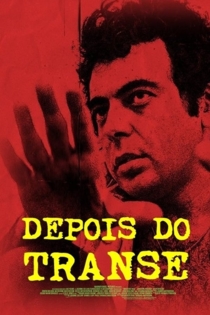
Uma Noite em 67
Renato Terra, Ricardo Calil
Caetano Veloso, Sérgio Ricardo
If you thought TV shows in which audiences and juries judge musical acts were a relatively new phenomenon, you'd better think again. In the 1970s, such "festivals" were incredibly popular in Brazil. They were recorded before a live studio audience, and usually featured a number of elimination rounds. They also formed the springboard for the career of many a big-name star, such as Chico Buarque, Caetano Veloso, Roberto Carlos and Gilberto Gil. Appearing on such a program was no cakewalk, however: audiences could be as wild in their condemnation as in their appreciation of an artist. Extensive archive footage (including performances and behind-the-scenes interviews) from a turbulent final of the Festival of Brazilian Popular Music one evening in 1967 paints a fascinating picture, not only of the transformation of Brazilian music into real "festival" music, but also of a society starting to buck against the yoke of military rule.
A Night in 67
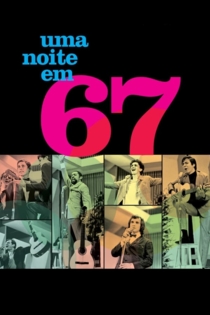
Glauber Rocha - The Movie, Brazil's Labyrinth
Silvio Tendler
Glauber Rocha, Orlando Senna
Documentary about Brazilian filmmaker Glauber Rocha, one of the most important names in the Cinema Novo, with interviews with some of his friends and colleagues.
Glauber Rocha - The Movie, Brazil's Labyrinth
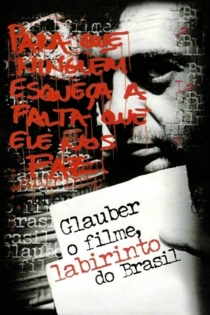
Juliana do Amor Perdido
Sérgio Ricardo
Maria do Rosário, Francisco Di Franco
A beautiful young woman living in an isolated fishing community on an island falls in love with an outsider, a train machinist. But her father, a violent religious fanatic interferes.
Juliana do Amor Perdido
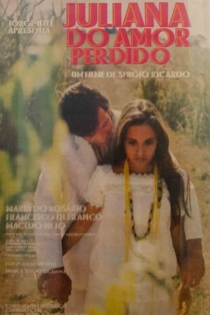
Pitanga
Camila Pitanga, Beto Brant
Antônio Pitanga, Camila Pitanga
This documentary investigates the aesthetic, political and existential trajectory of emblematic Black Brazilian actor Antônio Pitanga. He career spans over five decades, and he has worked with iconic Brazilian filmmakers Glauber Rocha, Cacá Diegues and Walter Lima Jr. He was a prominent figurehead and outspoken activist during the Brazilian dictatorship, a period of unrest in Brazilian cinema. Pitanga deep dives into the world of Antônio and the history of Brazil. The documentary was directed by his daughter Camila Pitanga, one of widely recognised faces in Brazilian television and cinema right now. The film is also a poem, and a tender ode to fatherhood.
Pitanga
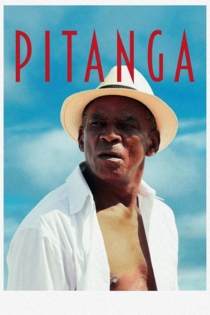
Pé na Tábua
Victor Lima
Grande Otelo, Ankito
Petrônio drives a bus and his friend Cabeleira is a ticket collector. When Petrônio's sister needs money to do a surgery they get involved with a film production company, where a psychopath is trying to be the protagonist of the movie.
Pé na Tábua

Na Rota do Vento
Marina Lutfi, Cavi Borges
Sérgio Ricardo
It is a realistic musical documentary, mixing the old and the new, exchanging chronological positions, creating a suggestive carousel for the audience. A tribute to Sérgio Ricardo's cinematographic work narrated through the assembly of scenes and tracks taken from the 7 films he directed. In this anthology, the most recurrent theme in the author's work is portrayed: the struggle of the oppressed worker who finds love, music and the community his escape valve.
Na Rota do Vento
